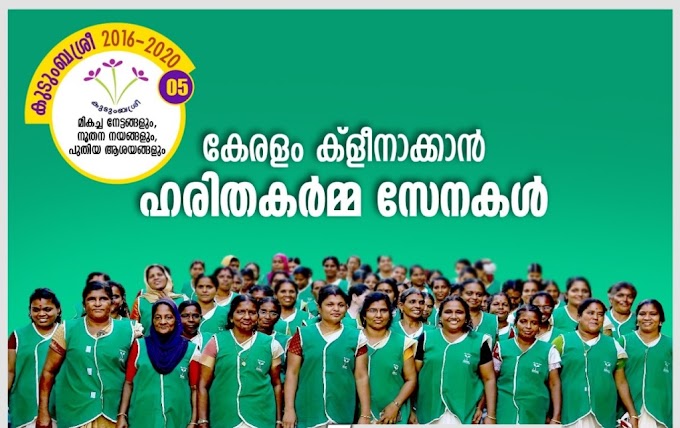Indian Polity- PSC Repeated Questions and Answers-Part - 2
1. If any question arises whether a Bill is a Money Bill or not, then whose decision is final ?
(a) President’s decision
(b) Chief Justice of the Supreme Court’s decision
(c) Auditor and Comptroller General of India’s decision
(d) Speaker of the Lok Sabha’s decision
2. The alternative to socialism in Gandhian Philosophy is—
(a) Non-violence
(b) Trusteeship
(c) Panchayati Raj
(d) Truth
3. In Presidential Government, the President is—
(a) Independent of the Legislature
(b) Dependent on the Legislature
(c) Dependent on the Judiciary
(d) Bound by the advice of Council of Ministers
4. A Parliamentary Government cannot function without—
(a) Written Constitution
(b) Rigid Constitution
(c) Political Parties
(d) Independent Judiciary
5. Who of the following linked the Directive Principles with a cheque payable at the convenience of the Bank ?
(a) A. K. Aiyar
(b) H. Kunzru
(c) H. V. Kamath
(d) K. T. Shah
6. “India that is Bharat, shall be a Union of States.” The word ‘Union’ is derived from the Constitution of—
(a) U. S. A.
(b) Switzerland
(c) Canada
(d) Australia
7. The Article of the Indian Constitution which empowers the Parliament to regulate the right of citizenship is—
(a) 8
(b) 9
(c) 10
(d) 11
8. A Federal Court was established in India under the Act of—
(a) 1892
(b) 1909
(c) 1919
(d) 1935
9. Under which Article of the Indian Constitution can the Parliament legislate on any subject in the State
list ?
(a) Article 229
(b) Article 230
(c) Article 248
(d) Article 249
10. A constitutional reason to make the centre strong in India is—
(a) Directive Principles of State Policy
(b) Centralised Planning
(c) Zonal Councils
(d) Union List
11. For how long can the President’s rule in a State be imposed initially?
(a) One year
(b) Six months
(c) Two years
(d) Three months
12. The term of which of the following Lok Sabhas was extended beyond the normal period of five
years laid down in the Constitution?
(a) Fourth Lok Sabha
(b) Fifth Lok Sabha
(c) Sixth Lok Sabha
(d) Seventh Lok Sabha
13. The first elected president of the Central Legislative Assembly:
(a) Vithalbhai Patel
(b) R.K. Shanmugham Chetty
(c) GV Mavlankar
(d) None of these
14. If a notice for special session of Lok Sabha was given in writing signed by not less than one-tenth
of the members, the president must summon the session within ..... days.
(a) 14
(b) 15
(c) 21
(d) 7
15. When a proclamation of national emergency is in force, the term of Lok Sabha can be extended by
Parliament for the first time for a period not exceeding ...... at a time.
(a) Two years
(b) One year
(c) Three years
(d) Two months
16. Who was known as ‘father of Lok Sabha’?
(a) Jawaharlak Nehru
(b) G.V. Mavlankar
(c) BR Ambedkar
(d) Sardar Patel
17. Who determines whether a bill is money bill?
(a) Prime Minister
(b) Finance Minister
(c) Deputy Speaker
(d) Speaker
18. In the case of resignation, a member of Lok Sabha must submit his resignation to:
(a) Prime Minister
(b) Chief Whip
(c) Speaker
(d) Parliamentary Affairs Minister
19. The first speaker of Lok Sabha:
(a) G.V. Mavlankar
(b) AnanthasayanamAyyankar
(c) HJ Kania
(d) Hukkum Singh
20. The first sitting of the first Lok Sabha was on May 13, .......
(a) 1950
(b) 1951
(c) 1952
(d) 1953
Answers:-
1 (d) 2(b) 3 (a) 4 (c) 5(d) 6(a) 7(d) 8(d) 9(d) 10(d)11(b) 12(b) 13(a) 14(a) 15(b) 16(b) 17(d) 18(c) 19(a) 20(c)
.png)


